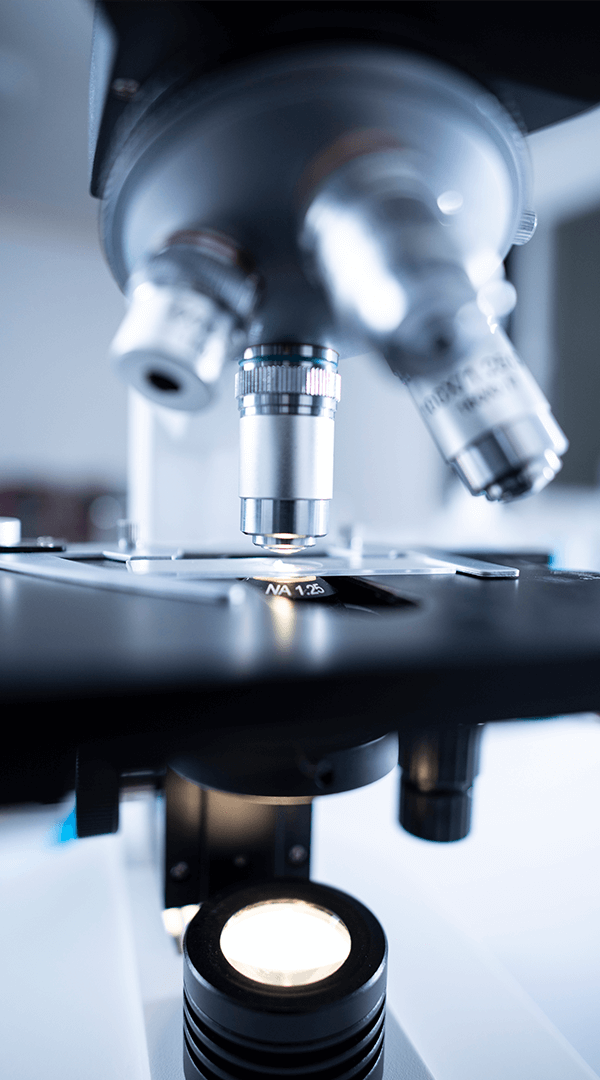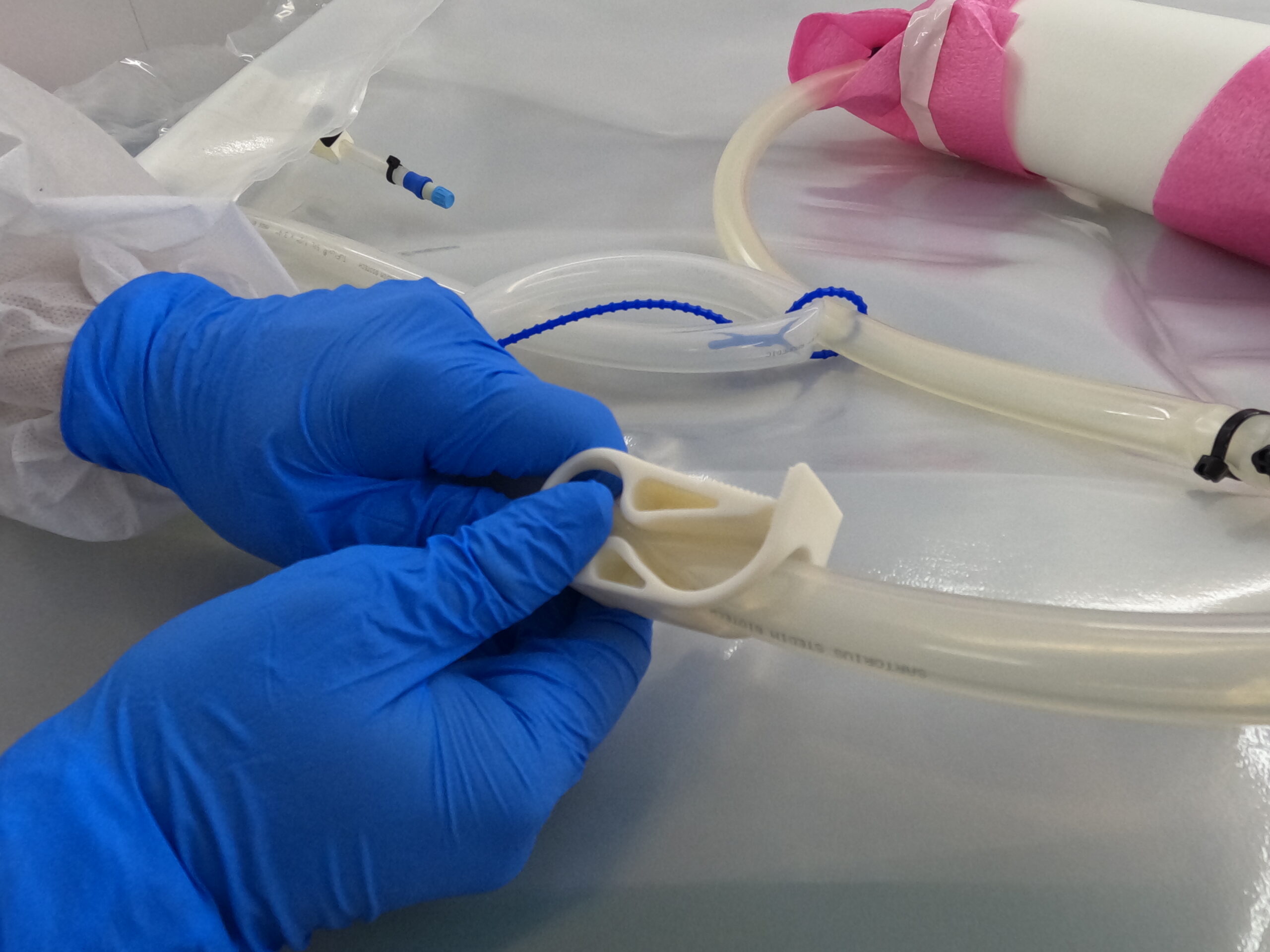posted by Phill Allen
February, 05th, 2018
Company News Pharmaceutical Industry News

Pharmaceutical Commerce has reported that just under half of the new drugs approved by the FDA last year required strict temperature control for storage and transport.
The number of new drugs totalled 57, of which 23 required a standard refrigeration of 2-8°C for storage and transportation.
Pharmaceutical Commerce found that many of the new drugs needed alternative temperatures to remain quality and safety, including pharmaceuticals requiring below-zero or cryogenic temperatures.
One of the drugs approved was Grifols’ Fibrin Sealant which requires storage at -18°C; another (Biomarin’s Brineura) requires a -35°C to -15°C system, and as for the 3 cellular/genetic therapies that were approved: (Spark Therapeutics’ Luxturna (-65°C); Novartis’ Kymriah (-120°C); Kite Pharma’s Yescarta (-150°C).
What should logistics providers do?
It’s clear that this situation proposes a complex problem for logistics and needs to be handled delicately. The first solution would be to seek custom and bespoke care for each drug, ensuring individual temperature requirements are met. This seems simple, but it comes with financial challenges for logistic providers and businesses. There are concerns that storage and transportation costs will skyrocket due to extra care and management.
Statistics from the Biopharma Cold-Chain Sourcebook estimate the global volume of cold chain products are at a healthy $283 billion, and is growing twice the rate of non cold-chain pharmaceutical products. You can find out more on how the growth of the pharmaceutical industry is affecting costs within other markets.
Read more about the growing market of cold-chain logistics analysis here
TAGS:
Big Pharma, Cold chain logistics, cold chain pharmaceutical, grifols, kite pharma, Novartis, pharmaceutical industry, sparks therapeutics,
SHARE:
Author
Phill Allen
Managing Director
Phill is an innovative thinker particularly in fluid management. His expertise lies in ensuring the seamless flow of pharmaceutical liquid logistics, whether it's optimising current processes or pioneering new approaches.




